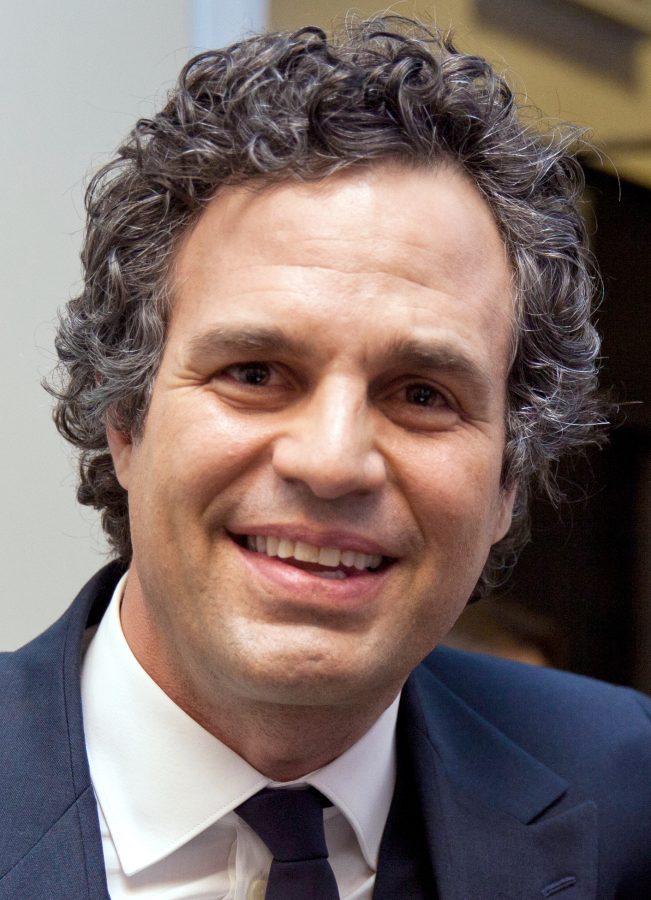“Spotlight,” the critically acclaimed fact-based drama that both literally and figuratively hits close to home for Bostonians, is creating quite the Oscar buzz. With impeccable performances by an elite cast including Mark Ruffalo, Rachel Mcadams, Michael Keaton, and Liev Shreiber, as well as six Academy Award Nominations, it’s no wonder that the film has been widely received among Hollywood’s top film critics. Yet it’s not the Oscar worthy performances and tour de force screenplay I would like to focus on here. It’s the story itself — the in-depth delving into one of the greatest exposure scandals in the history of Boston — that really struck a chord with me.
To give some background into the film, Spotlight depicts the Pulitzer prize winning investigative reporting by the Boston Globe’s Spotlight team, that exposed decades of abuse by priests within the Catholic church, as well as subsequent years of mass cover-ups. The film itself is riveting, compelling and effectual in its precision at portraying the diligence and tenacious spirit of journalists as they work to uncover ground breaking stories. Yet most importantly, and most disturbingly, it is an unfortunate testament to the injustices performed and defended by a religious institution that was (and is) meant to protect and preserve the well being of its members.
Before I go any further, I would like to lead with a disclaimer that I am not attempting to bring home the message that organized religion is inherently wrong. I myself grew up in the Catholic Church and have deep respect and appreciation for many of the rituals, beliefs, and (some) traditions that comprise the faith. What I do find problematic is when religions as institutions utilize (or I guess a better word is, abuse) their power to perpetuate or conceal unspeakable acts as well as protect the people who performed these criminal acts. The mass unveiling of what can only be described as a pandemic of pedophilia within the Catholic Church, has exposed the unsettling truth that thousands of clergy have used their authoritative positions as not only trusted members of communities, but as honored conduits to God, to actively exert a manipulative dominance over the innocent children who had trusted and respected these supposed “Men of God.”
This of course is not only a Catholic issue; organized religion on the whole has acquired a slew of offenses over the centuries: genocide, rape, physical and emotional terrorism, general misogyny, wars, bigotry, forced conversion, mass hate rhetoric, destruction of property and slavery to name a few. There have been innumerable atrocities enacted in the name of God.
Yet there is no denying the obvious good that has stemmed from religiosity. Religion has no doubt helped countless individuals maintain sanity in a chaotic world by means of giving some semblance of certainty in an otherwise uncertain world. It has saved people at their worst, brought communities together, and provided a network of charitable giving and international aid and outreach.
Religion itself is not the problem. On the most basic level, it’s the individuals who lead these institutions. In its entirety, the injustice lies in the systematic, sociopolitical hierarchies that create and maintain a monopolization of power; this enables criminality and the subsequent concealment of it to exist under the guise of religion.

